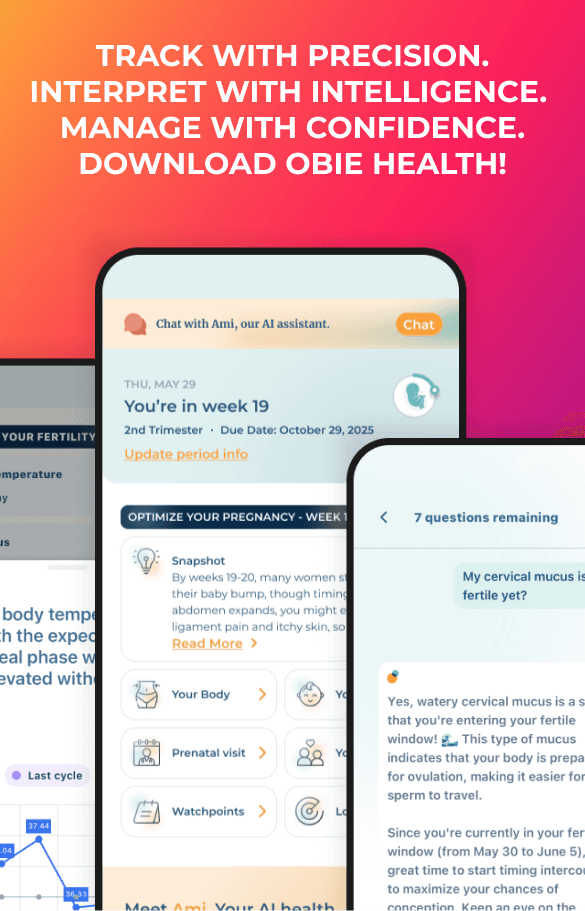Postpartum Mental Health: Preventing and Managing Anxiety & Depression
Obie Editorial Team

Many women experience shifts in mood after childbirth, ranging from mild "baby blues" to more severe postpartum depression or anxiety. Recognizing symptoms early and taking proactive steps can significantly improve mental well-being.
Common Postpartum Mental Health Challenges
- Postpartum Blues: Occurs in the first two weeks after birth and includes mood swings, tearfulness, and anxiety.
- Postpartum Depression (PPD): A more severe condition lasting longer, leading to persistent sadness, withdrawal, and exhaustion.
- Postpartum Anxiety: Intense worry, racing thoughts, and panic attacks that can disrupt daily life.
Strategies for Mental Health Support
- Communicate Feelings: Talk openly with a trusted person or professional.
- Prioritize Self-Care: Even short breaks for relaxation or exercise can help.
- Seek Professional Help: If symptoms persist, therapy or medical support is essential.
Mental health is just as important as physical recovery. If feelings of sadness or worry become overwhelming, reach out to a healthcare provider for guidance.
Source:
Meltzer-Brody, S., et al. (2018). Biological and psychological risk factors for postpartum depression. The Lancet Psychiatry.









